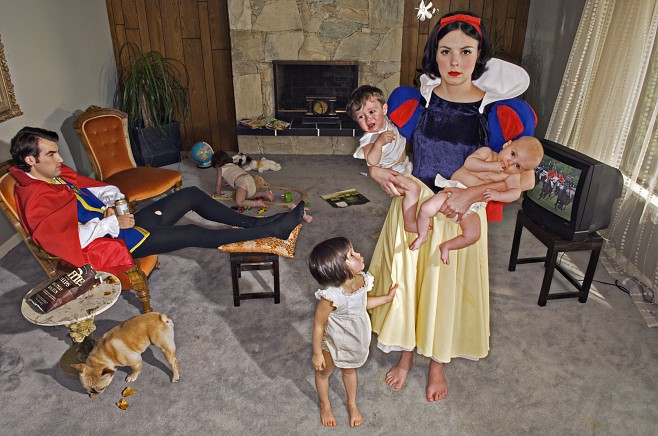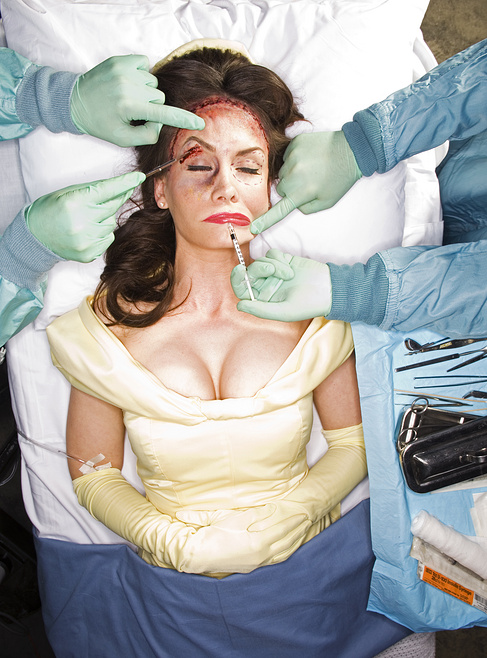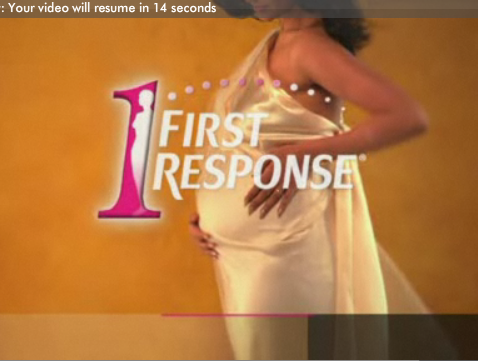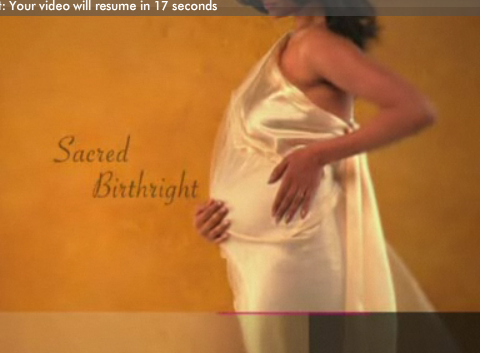Genderkid, Andrea J., Laura S., and Jessica C. all sent in links to the Fallen Princesses photographs. About her project, photographer Dina Goldstein writes:
These works place Fairy Tale characters in modern day scenarios. In all of the images the Princess is placed in an environment that articulates her conflict. The ‘…happily ever after’ is replaced with a realistic outcome and addresses current issues… Disney’s perfect Princesses [are] juxtaposed with real issues that were affecting women around me, such as illness, addiction and self-image issues.





You may want to check out a discussion on Racialicious about presenting Jasmine in a war zone and Women’s Glib‘s discussion of the representation of fatness as “fallen” (and the stereotype that fat people gorg on fast food).
—————————
Lisa Wade is a professor of sociology at Occidental College. You can follow her on Twitter and Facebook.


















